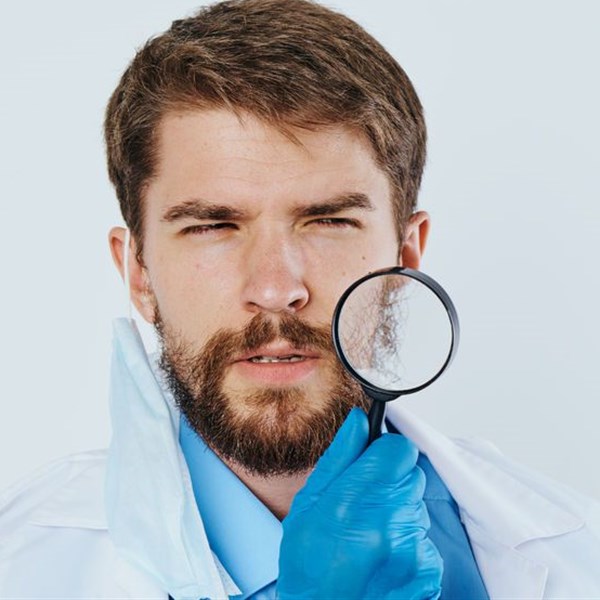Council pursues bogus health practitioners

A rise in bogus health practitioners has forced the Health Professions Council of SA (HPCSA) and medical schemes to strengthen their forensics units to curb fraud.
Data from this special investigation unit suggests that about 7% of all medical aid claims in SA are fraudulent and stem from both bogus practitioners and unscrupulous ones.
Estimates are that this type of fraud costs the private sector R22bn a year.
Bogus practitioners include those who had previously been registered with the HPCSA, but were struck off for various infractions, while others had no medical qualifications or experience and used practice numbers belonging to registered healthcare practitioners.
Eric Mphaphuli, a senior inspector at the council, said on Monday that, initially, his team had issues getting the police on board and had to convince the authorities that the problem was serious and on the rise.
Since that conversation took place, arrests were being made every other week. “Recently a practitioner was arrested and sentenced to 20 years for practising illegally,” Mphaphuli said.
Bonitas Medical Fund, the second-largest open scheme in SA, had identified more than R79m in irregular claims involving medical practitioners in 2016 and recovered about R20m.
Gerhard van Emmenis, Bonitas’s principal officer, said the biggest single deterrent to fraud, waste and abuse was making it known that schemes were actively investigating every suspicious or unusual claim or activity.
In 2016, Bonitas introduced advanced analytical software into the live claims environment, using a mix of technology, analytics and expert skills to identify fraud, waste and abuse.
During this process, Bonitas red-flagged 574 healthcare professionals, 34 of whom were charged, while another four were arrested.
“We believe the HPCSA are too lenient on offenders. According to section 66 of the Medical Schemes Act, medical aid fraud, committed either by a member or a healthcare practitioner, is a criminal offence which carries a fine or imprisonment or both,” he said.
The National Education, Health and Allied Workers Union said it was concerned about rising corruption in the healthcare system.
Union spokesman Khaya Xaba said bogus practitioners compromised the healthcare system and the union was concerned about this.
United Democratic Movement general secretary Bongani Msomi said the Department of Health needed to “blacklist” bogus practitioners.